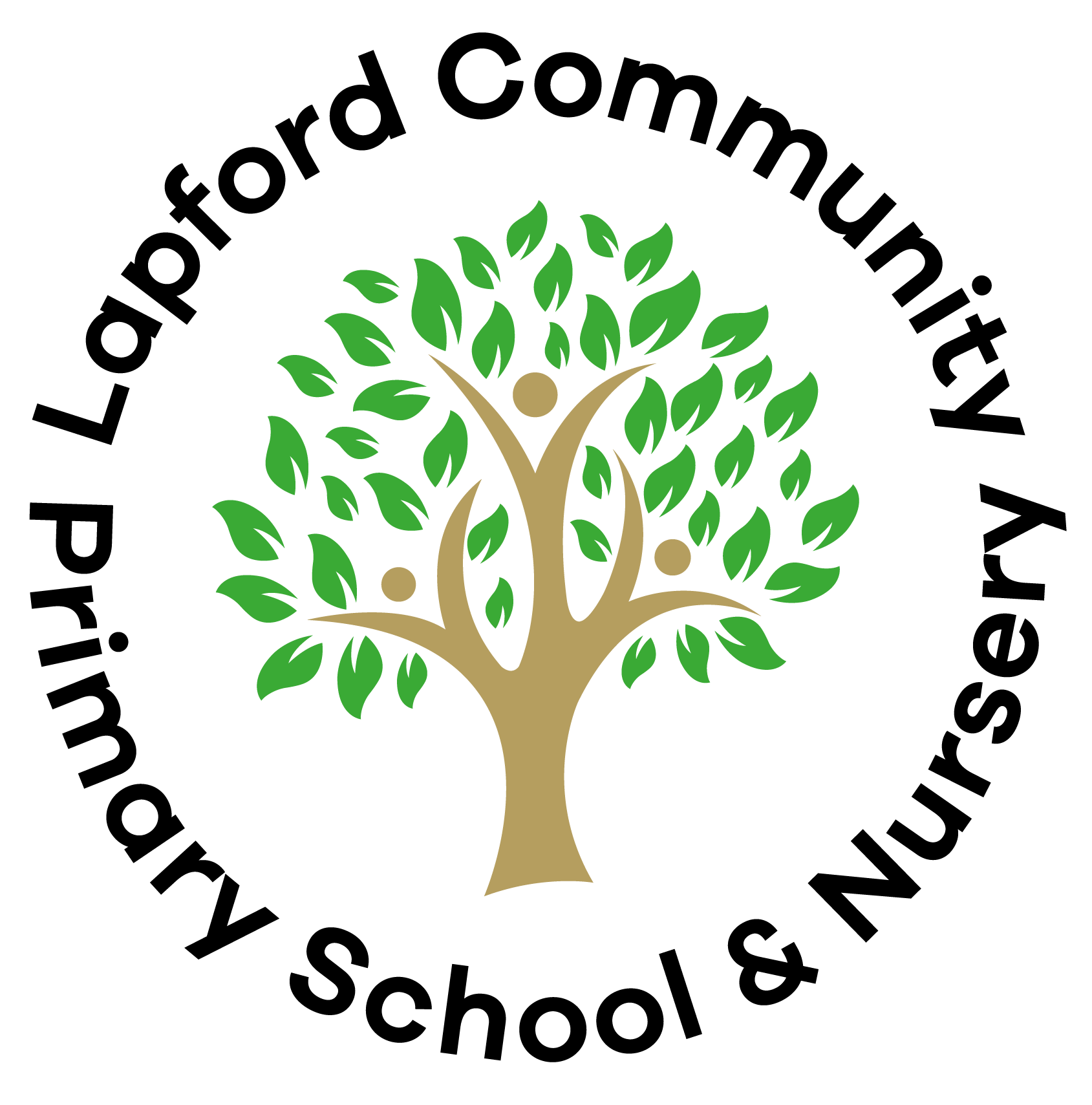RE
Subject Vision:
“Every time you break down that narrative of otherness, the narrative of togetherness grows.” Brendan Cox
Our vision for Religious Education is to inspire a curiosity about people through exploring world views held so that pupils can gain authentic knowledge, understanding and the skills needed to handle questions raised by religion and belief, reflecting on their own ideas and ways of living. R.E. has an important place in the curriculum: it provides a safe space for young people to develop their understanding of people, cultures, religious and non-religious world views. Children will gain a coherent understanding, thus preparing them for their journey through education and life in twenty-first century Britain. R.E. will contribute to children’s personal and academic development. As well as gaining knowledge and understanding of religions and beliefs, the children will develop their own understanding of the world and how to live, in the light of their learning. R.E. will make a significant contribution to children’s spiritual, moral, social and cultural development as well as providing opportunities to explore British values.
Intent:
We intend that established in our children will be a life-long interest in R.E. through its discrete teaching. The substantive knowledge they build will allow them to move from the generalised to the complex. Their knowledge will be a good representation of world religions and world views. They will understand that complexities and diversities exist within world views through a well sequenced curriculum building on prior knowledge, acquisition of specialist vocabulary and rich activities that further understanding. Our intention is that R.E. will provoke challenging questions about meaning and purpose of life, beliefs about God, ultimate reality, issues of right and wrong and what it means to be human. In R.E. children will learn about religions and beliefs in local, national and global contexts. Children will weigh up the value of wisdom from different sources to develop and express their insights. Key aspects include: Knowledge and understanding of religions and the similarities and differences between them; Expressing ideas and insights; Gaining and deploying skills which make them better citizens in our diverse and multicultural country, within a rural setting with where the children have little regular contact with this diversity in their day to day lives.
Implementation:
At Lapford Community Primary School we base our scheme of work on a rolling program of units from the Devon and Torbay Agreed Syllabus, covering different aspects of the Christianity, Judaism, Buddhism, Hinduism, Sikhism and Islam. Our teaching is open, enquiring, exploratory RE, suitable for pupils who have religious faith of their own as well as for those who have no religious faith. This will be enriched by visits and visitors, including strong links with the local church, so that children can experience places of worship and learn of people’s individual world views. Units of study will be organised so that more tangible concepts will be met first. There will be an emphasis on helping pupils to develop a coherent understanding of several religions, through the study of common themes explored through different religions, as well as units that focus on the beliefs of one specific religion. Opportunities to revisit and recall knowledge will be integral to the learning and a variety of strategies will be used. Vocabulary, concepts and content will prepare children for what they need for the units of study they will explore in the next stage of their education – particularly as subject content develops in complexity and controversy. Resources, such as artefacts, people and places (brought into the classroom virtually or by visits) will be utilised that show faith first-hand.
Impact:
Our R.E. curriculum is high quality and ambitious. It is planned to demonstrate progression. The children will be equipped with knowledge and understanding of a range of religions and world views that will enable them to flourish as citizens in a pluralistic and global community. They will be able to articulate their own worldview, ideas, values and experiences and understand that it is the lens through which they interpret the world, while respecting the right of others to differ. This will be evidenced through work in books and also class and group discussions, which will give opportunities for children to show and further develop their understanding.
